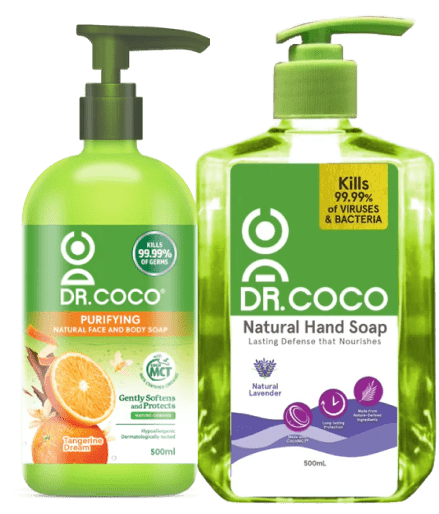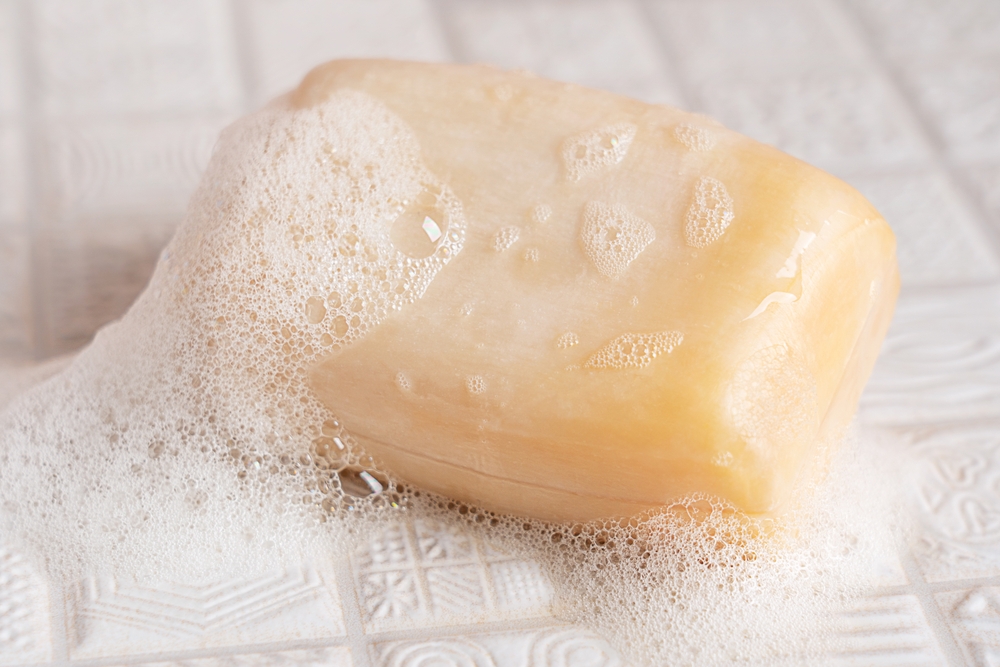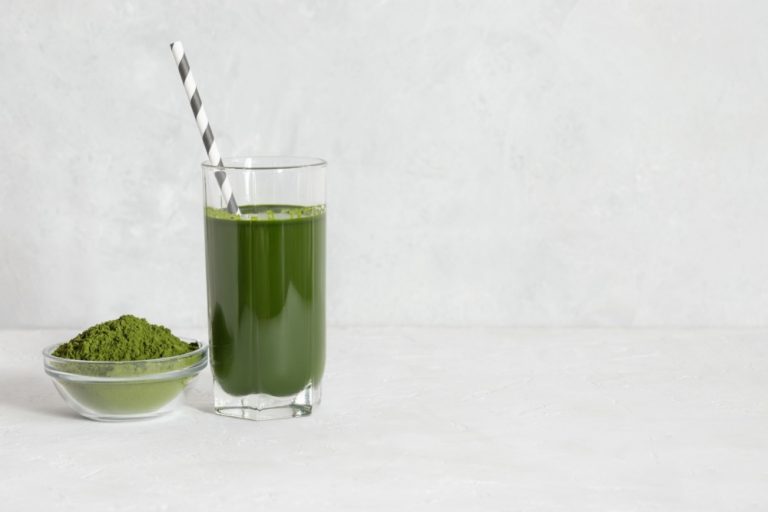Antibacterial Soap vs Normal Soap: Which One Should You Use?
With the increased emphasis on hygiene these days, understanding the difference between antibacterial soap versus normal soap has become essential. While both types promise clean hands and effective hygiene, you might be wondering if antibacterial soap is better than normal soap for keeping yourself and your family protected.
This article will guide you clearly and compassionately through the differences, benefits, and potential downsides of antibacterial and regular soaps, helping you decide what’s best for your daily hygiene needs.
What Is an Antibacterial Soap?
Antibacterial soap is specifically formulated with active ingredients that target bacteria directly. The most common ingredient in antibacterial soap was traditionally triclosan, though it’s now less common due to safety concerns. Nowadays, antibacterial soaps commonly use ingredients like benzalkonium chloride, benzethonium chloride, or chloroxylenol. These substances actively reduce bacteria, fungi, and viruses by disrupting their cell membranes and inhibiting their growth.
Regular soap, on the other hand, doesn’t typically contain these antibacterial agents. Instead, it works primarily by lifting germs, dirt, and oils from your skin, allowing them to be rinsed away with water. Essentially, regular soap removes microbes mechanically rather than chemically killing them.

How Regular Soap Works:
- Soap molecules trap and lift away dirt and germs.
- Rinsing with water removes these substances from the skin.
- Effectively reduces the spread of illnesses through physical removal of microbes.
How Antibacterial Soap Works:
- Contains chemicals specifically designed to kill or reduce bacteria and other microbes.
- Provides an additional layer of protection, potentially reducing bacteria more significantly than plain soap.

Is Antibacterial Soap Better Than Normal Soap?
You might think antibacterial soap automatically provides superior protection. After all, it explicitly targets bacteria, right? However, the reality isn’t quite as clear-cut. Here’s a balanced view to help you make an informed decision.
Advantages of Antibacterial Soap:
- Reduces bacterial count effectively: Research indicates that antibacterial soap can significantly lower bacteria levels on your skin, potentially decreasing infection risks, especially in healthcare environments.
- Provides reassurance: The additional antibacterial ingredients may give peace of mind, particularly during flu seasons or outbreaks.
Potential Concerns with Antibacterial Soap:
- Resistance development: The overuse of antibacterial products may contribute to antibiotic resistance. Studies suggest prolonged use can lead to resistant bacterial strains, reducing the overall effectiveness of antibiotic treatments in the future.
- Skin irritation: Antibacterial ingredients can occasionally cause dryness or irritation, especially for sensitive skin.
- Environmental impact: Ingredients like triclosan, now banned in many places, were linked to negative environmental effects due to their persistence in waterways.
Effectiveness of Normal Soap:
Regular soap combined with proper handwashing techniques is proven effective in reducing bacteria and viruses, including influenza and coronavirus, without the concerns associated with antibacterial additives.
The Centers for Disease Control and Prevention (CDC) and other global health authorities recommend regular soap and water for general public hygiene, stating clearly that proper handwashing practices—such as washing for at least 20 seconds—are highly effective at preventing illness (CDC).
Should I Use Antibacterial Soap?
Whether antibacterial soap is right for you depends largely on your specific needs and circumstances:

- Healthcare workers or individuals frequently exposed to high-risk environments might benefit from antibacterial soap.
- General home use typically doesn’t require antibacterial soap; regular soap with proper handwashing technique is enough.
- Individuals with sensitive skin or environmental concerns may prefer regular soap to avoid potential irritation or negative ecological impacts.
In general, regular soap is sufficient and strongly endorsed by health authorities for everyday use, provided you practice correct handwashing techniques. For a detailed guide on proper handwashing methods, you can refer to our guide on the correct handwashing technique.

Select the Right Soap for You and Your Family
Ultimately, choosing between antibacterial soap and regular soap boils down to your lifestyle, specific health concerns, and personal preferences. Here are a few points to consider:
- Everyday use: Regular soap is effective and safe for everyday use by the general public.
- High-risk situations: Antibacterial soap might be beneficial in medical or high-exposure scenarios.
- Skin sensitivity and environmental impact: Consider regular soap to minimize these risks.
Consumer Care offers trusted, quality personal hygiene solutions, helping you maintain cleanliness and peace of mind. For gentle yet effective regular soaps, consider exploring Dr. COCO Hand Soap, designed specifically with care for sensitive skin. Infused with CocoMCT, this provides gentle cleansing, intense hydration, and protective care, offering soothing, non-greasy benefits for every skin type.
Both antibacterial and regular soaps have their place. While antibacterial soaps offer targeted germ-killing properties, regular soaps effectively remove bacteria mechanically and are sufficient for daily hygiene purposes.
The key to staying healthy lies in practicing proper handwashing techniques consistently and selecting products that align best with your personal needs and values. Remember, no matter your choice, whether antibacterial soap or normal soap, consistent hand hygiene remains the cornerstone of protecting yourself and your loved ones from illness.
Taking care of your health is about making informed decisions that best suit your life. Now that you understand the difference between antibacterial soap and normal soap, you’re better equipped to choose what’s right for you and your family.
Need help choosing the right products? Explore our personal care products online and ensure that safe and effective hygiene solutions are readily available at your doorstep.








